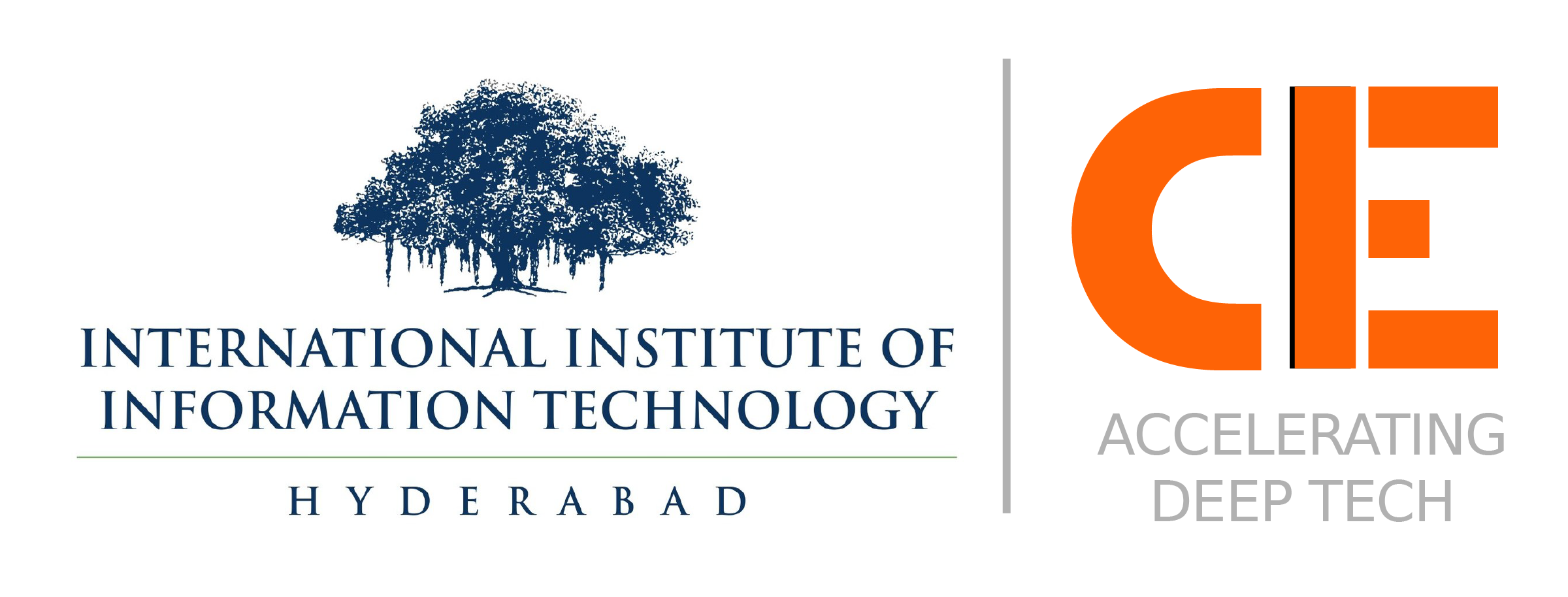The Founders’ Round Table series is a dynamic platform where first-time Entrepreneurs, Established Founders, Corporate Stalwarts and Venture Capitalists convene to delve deep into specific issues or challenges confronting the startup ecosystem.
This edition of Founders Round Table, deliberated on “Navigating the Post-Pandemic Healthcare Landscape: A Roundtable Discussion on Innovation and User-Centric AI Integration”. This exclusive gathering assembled accomplished entrepreneurs, venture capitalists, and industry experts to delve into the strategic theme of “Navigating the Post-Pandemic Healthcare Landscape: Balancing Innovation and User-Centric AI Integration.” The discourse aimed to uncover pivotal strategies essential for entrepreneurial success amidst the rapid evolution of the healthcare ecosystem. Discussions centered on integrating user-centric AI solutions, embracing collaboration, securing investment, and staying abreast of emerging trends to drive meaningful innovation and transformation in healthcare delivery.
This white paper provides insights into the most recent edition of the Founders Round Table, which took place on the 26th of March, 2024.
Introduction
The founders roundtable discussions act as a knowledge-sharing platform, enabling participants to stay abreast of the latest developments in the startup ecosystem. Founders can gain valuable advice, strategic guidance, and practical tips from seasoned entrepreneurs and investors.
During the inaugural edition of the Founders Round Table, the session on “Cracking Y-Combinator,” led by YC Alums, delved into in-depth insights on the YC Program and experiences, and application process. In the second edition of the Founders Round Table, the spotlight was on “Market Positioning to Win Early Corp Customers.” The conversation also revolved around the art of crafting an effective market positioning strategy, emphasizing best practices and highlighting potential pitfalls when pitching to corp customers..
The third edition of the Founders’ Round Table on “Building Kickass Founding Teams,” the discussion covered topics such as understanding enterprise objectives, thoughtful consideration of solutions, and recognizing the evolving value for customers in different stages. Attendees explored the intricacies of identifying the first corporate customer, with a focus on effective strategies for winning pitches.
The dialogue unfolded within the intimate confines of T-Health Cafe conjointly with the fourth edition of the Founders’ Round Table, a bespoke gathering tailored for Medtech and Healthcare startups. Esteemed entrepreneurs, venture capitalists, and industry experts convened in a closed-door session to explore the strategic focal point: Navigating the Post-Pandemic Healthcare Landscape: Balancing Innovation and User-Centric AI Integration. The conversation aimed to unearth essential strategies essential for entrepreneurial success amidst the ever-evolving healthcare landscape.
This white paper provides insights into this edition of the Founders Round Table, which took place on the 26th of March, 2024.
2.0. The Roundtable Insights
2.1. Emerging Trends in the Post-Pandemic Era
The aftermath of the pandemic has triggered a seismic shift in healthcare trends, compelling stakeholders to reassess priorities and adapt to evolving consumer behaviors.
- Heightened Awareness and Investment in Health: There has been a palpable surge in public discourse surrounding health-related issues, accompanied by a corresponding increase in investments targeting healthcare innovation. This newfound emphasis underscores a fundamental recalibration of societal priorities towards health and well-being.
- Industry Giants’ Involvement: Noteworthy is the significant engagement of multinational corporations, including tech behemoths such as Google, Nvidia, Microsoft, Salesforce, and longstanding players like IBM, in healthcare endeavors. Their active participation underscores the vast potential and opportunities perceived within the healthcare sector.
- Discerning AI Application: While the integration of Artificial Intelligence (AI) in healthcare holds immense promise, there’s a growing acknowledgment within the industry that indiscriminate deployment devoid of tangible user benefits is futile. Instead, the focus must be on developing AI solutions that demonstrably enhance healthcare accessibility, efficiency, and outcomes for end-users.
2.2. Digital Transformation and Societal Impact
The ongoing digital transformation is exerting a profound influence on societal dynamics, with healthcare being no exception. This paradigm shift is characterized by the emergence of collaborative communities, elevated patient expectations, and an increasingly consumer-centric healthcare landscape.
- Rise of Patient Demands: Patients, empowered by access to information and digital tools, are becoming progressively discerning and assertive in their healthcare preferences. Consequently, healthcare providers are compelled to adapt to this shifting landscape by offering personalized, patient-centric services that prioritize convenience and transparency.
- Personnel Needs in Specialized Fields: Within the healthcare domain, there exists a burgeoning demand for skilled professionals, particularly in specialized fields such as dental and dermatology. This demand underscores the critical importance of workforce development initiatives and educational programs aimed at bridging skill gaps and meeting evolving industry demands.
- Convincing Use Cases: Startups operating in the healthcare space face the imperative of articulating compelling use cases for their products and services. In a landscape saturated with innovation, the ability to clearly demonstrate the real-world utility and efficacy of their offerings is paramount to securing market acceptance and investor support.
2.3. Challenges and Opportunities in Startup Development
The journey of startup development in the post-pandemic healthcare landscape is marked by a unique set of challenges and opportunities, necessitating adaptive strategies and a keen understanding of market dynamics.
- Academic Constraints: For entrepreneurs transitioning from academia to entrepreneurship, navigating the transition can be fraught with challenges, including limited resources for medical research post-initial funding. This underscores the importance of fostering collaborations between academia, industry, and government agencies to facilitate technology transfer and commercialization of research outcomes.
- Investor Perspectives: Notably, venture capitalists like Pavestone have demonstrated a willingness to invest in early-stage startups based on their potential and track record, rather than immediate revenue. This investor sentiment underscores the importance of building credibility, demonstrating traction, and articulating a compelling vision for long-term growth and impact.
Conclusion
Key takeaways & learnings from the March Edition of the Founders’ Round Table
Tech Synergy is more than just a buzzword; it’s a strategic approach to crafting innovative solutions that not only meet market demands but also deliver significant value to stakeholders. At its core, Tech Synergy entails integrating unique use cases into product development, ensuring that each offering stands out in the competitive landscape.
One of the key aspects of this approach is articulating a compelling value proposition to investors and other stakeholders. This involves not only showcasing the innovative features of the product but also demonstrating how it addresses specific pain points in the market and provides tangible benefits to users.
To effectively execute on this vision, it’s essential to analyze market trends and landscape thoroughly. By staying abreast of industry developments and understanding customer needs, you can identify opportunities for differentiation and innovation.
Furthermore, emphasizing the integration of specific, unique use cases in product development is crucial. This involves leveraging cutting-edge technologies and methodologies to create solutions that go beyond conventional offerings and provide distinct advantages to users.
However, to build a successful startup based on Tech Synergy principles, it’s essential to establish strong foundational building blocks. This includes identifying core values that guide decision-making and aligning founding team members around them. By ensuring that everyone shares a common vision and set of principles, you can foster unity and coherence within the team.
Additionally, assessing individual strengths, weaknesses, and skill gaps is vital for assembling a complementary team. By bringing together individuals with diverse skill sets and perspectives, you can promote creativity and innovation while mitigating blind spots.
Navigating team dynamics is another critical aspect of building a successful startup. This involves fostering collaboration, effective communication, and conflict resolution among team members. By establishing clear roles and responsibilities and implementing feedback mechanisms, you can promote a culture of continuous improvement and adaptability.
To ensure long-term success, it’s essential to create a shared vision and goals that keep the team inspired and aligned. By measuring progress and celebrating achievements, you can maintain momentum and motivation. Additionally, continuously learning and adapting as a team is essential for staying ahead of the curve in a rapidly evolving market.
Finally, managing investor expectations and effectively communicating team progress is crucial for securing funding and support. By keeping stakeholders informed and involved in the journey, you can build trust and credibility, paving the way for sustained growth and success.
ANNEXURE
List of Mentors
Dr. Sasidhar Manda, Apollo
Soham Sankaran, Popvax
CA Sai Manohar, Pavestone VC
List of Startups
Prabhakar Kundurthy
Vedanth Padigelwar
Maithreye Murali Reddy
Dr. Anita Victorina Rego
Abhishek Dhanuka
Viswanath Atreyapurapu
Raghavendra
Harish Alladi
Hanu


